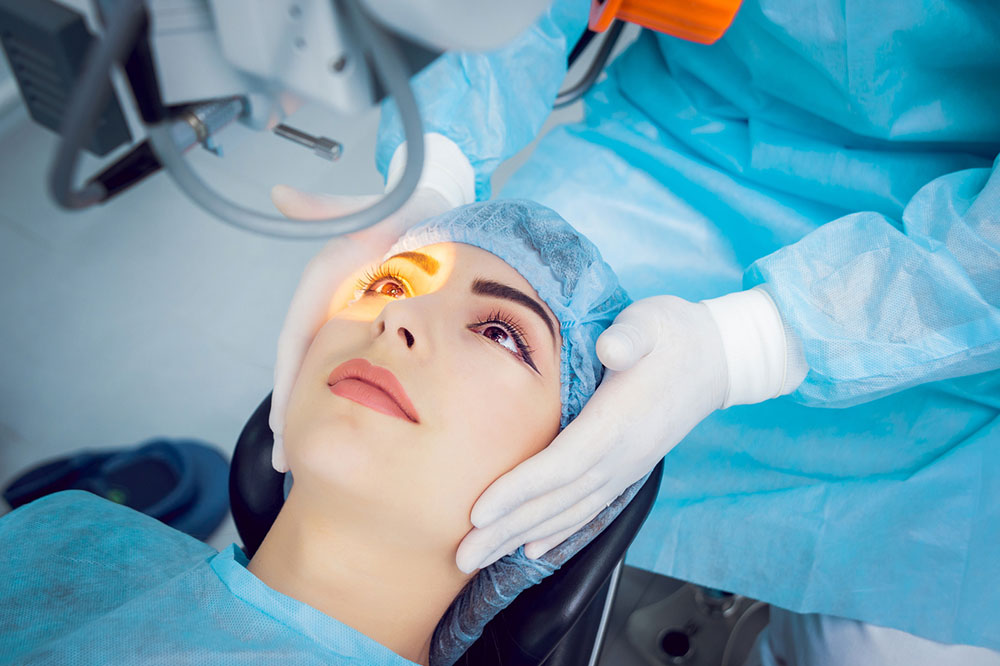Top treatment options for wet macular degeneration
Wet macular degeneration is a chronic eye disorder that causes partial vision loss and distortion. It’s usually caused by abnormal blood vessels leaking fluid into the macula, making it wet. The macula is the small central area of the retina that helps an individual see details in objects. There is no cure for the condition; however, medical treatments can slow vision decline or prevent further vision loss. If the treatment starts early, some may even recover lost vision to some extent.

Medications
Doctors typically prescribe angiogenesis inhibitors for people with wet macular degeneration. These medications work by blocking a certain substance that encourages the growth of new blood vessels. Commonly used medications to treat wet macular degeneration include brolucizumab (Beovu®), aflibercept (Eylea®), ranibizumab (Lucentis®), bevacizumab (Avastin®), and pegaptanib sodium (Macugen®). These medications are approved by the U.S. Food and Drug Administration (FDA) as blood vessel growth inhibitors. Generally, they are given in the form of injection, after numbing the eye. Most people need injections every four weeks for the treatment to be effective.
Photodynamic therapy
Photodynamic therapy is particularly effective in the treatment of one of the subtypes of wet macular degeneration. The treatment targets the abnormal blood vessels growth at the center of the macula. During the procedure, the doctor injects a certain medication into a vein in the arm. The medication travels through the body and reaches the eye, where it is absorbed by the leaking blood vessels. Then, the doctor directs a special laser at the retina for a couple of minutes to activate the medication. Once the medication is activated, it seals off the leaking blood vessels. A single session of photodynamic therapy takes about 20 minutes. However, multiple sessions may be required for some people.
Laser photocoagulation
Laser photocoagulation is a treatment option for only a few people with wet macular degeneration. During the procedure, the doctor numbs the eye and directs a high-energy laser at the retina. This laser beam heats and seals the abnormal leaky blood vessels. Although it may prevent further vision loss, the laser used for the treatment often results in a permanent blind spot in the vision due to scarring. Moreover, even after the treatment, the abnormal blood vessels may grow again. Generally, if an individual’s macula is severely damaged, the chances of success are low.